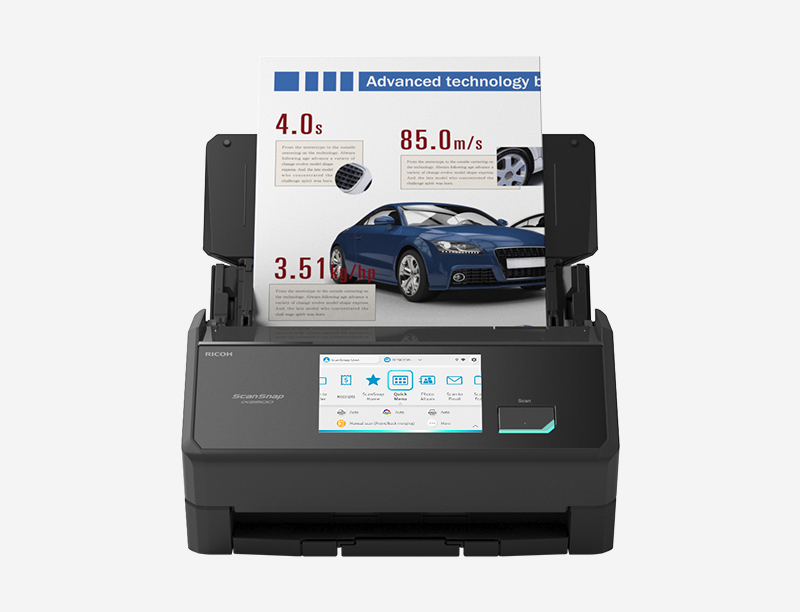In today’s healthcare environments, speed and accuracy are critical. From crowded clinics to large hospital networks, the patient intake process sets the tone for efficiency and trust. An id card scanner can make all the difference by quickly capturing information from insurance cards, driver’s licenses, and other IDs. Instead of relying on manual data entry which is prone to error scanners deliver precise, instant digital records that reduce bottlenecks and improve the patient experience.
Healthcare providers know that every second counts, especially when dealing with time-sensitive cases or busy waiting rooms. By digitizing and securely storing ID data, staff can spend less time on paperwork and more time delivering quality care.
Fast Scanning for Insurance Cards, Driver’s Licenses, and More
The intake process involves more than just collecting a name and date of birth. Insurance cards, government-issued IDs, and sometimes even specialty cards are required for verification. Manually recording this information is not only tedious but also increases the chance of transcription errors, which can cause billing delays and compliance issues.
An advanced ID card scanner solves this by quickly processing thick plastic cards, embossed surfaces, and dual-sided documents in seconds. Features like duplex scanning allow both sides of an insurance card to be captured simultaneously, ensuring nothing is missed. For clinics and practices with high patient volumes, the ability to process IDs rapidly means shorter wait times, smoother operations, and happier patients.
For organizations that don’t want to commit to purchasing new hardware outright, PFU America offers scanner rental options. This is ideal for temporary clinics, seasonal surges in patient volume, or healthcare systems that need to test devices before a full-scale investment. Rental programs provide flexibility without sacrificing functionality or security.
HIPAA-Compliant Features and Secure Data Capture
Of course, healthcare providers face unique responsibilities when it comes to data privacy. Patient information is highly sensitive, and any device that handles it must align with HIPAA regulations. Modern ID card scanners are built with these concerns in mind, offering encrypted data transmission, secure authentication, and integration with electronic medical record (EMR) systems.
Some scanners, like those reviewed in the iX2500 review, are designed with user-friendly interfaces that make secure scanning simple. With features such as one-touch operation, customizable profiles, and cloud connectivity, staff can capture and route patient data directly into secure systems without unnecessary handling. This not only protects patient privacy but also reduces the risk of misplaced documents or unauthorized access.
By combining speed, security, and ease of use, ID card scanners provide peace of mind to healthcare providers and patients alike. They help organizations maintain compliance while ensuring operations remain seamless and patient-focused.
An ID card scanner is more than just a convenience—it’s a critical part of modern healthcare infrastructure. From intake desks to back-office billing, these devices ensure accuracy, save time, and protect patient data. With options like scanner rentals for flexible use and advanced devices that meet HIPAA standards, healthcare providers can streamline verification processes without compromise. Investing in this technology means investing in better patient experiences and stronger operational efficiency.
Looking ahead, the role of ID card scanners in healthcare will only expand as technology advances. Artificial intelligence (AI) and machine learning are beginning to enhance scanning systems, enabling them to automatically recognize document types, validate authenticity, and even detect fraudulent IDs in real time. Cloud-based integrations will further streamline how patient data is stored and shared securely across hospital networks, ensuring that records are instantly accessible wherever they are needed.
As telehealth services continue to rise, ID card scanners can also play a vital role in remote verification processes, ensuring that patients receiving care virtually are properly identified and their insurance details accurately captured. By staying ahead of these innovations, healthcare organizations can future-proof their operations, reduce administrative burdens, and deliver a level of service that meets the expectations of an increasingly digital world.
FAQS
How are these videos created?
These compilations are made by collecting and merging different clips into one long video, so viewers can enjoy continuous entertainment in one place.
Are the videos original and complete?
Yes, the clips are taken from real videos and edited into a shorter, engaging format while keeping the original quality intact.
How many videos are included in one compilation?
Usually, each compilation contains around 200 to 300 clips, giving viewers a massive collection without the need to search individually.



